Sewerage systems are located in every building, both multi-storey and in the private sector. Most people have had problems such as accumulation of fat (and other contaminants) in sewer pipes. Owners of private houses feel this problem especially acutely. Over time, any of the pipes becomes clogged, so it is important to regularly clean them to avoid disrupting the normal functioning of the sewage system, in addition, it is necessary to adhere to special preventive measures.
Why fat accumulates and why is it dangerous
Fat ends up in pipes with food, which people drain into the sewers. For example, it can be fatty broths, soups or dishes cooked with a lot of oil. Such blockages can form not only in the kitchen, but also in bathrooms, as some people pour waste containing fat into the toilet.
The main danger of "fatty" blockages is not only the poor performance of the sewer system, but also the threat of the emergence and reproduction of dangerous microorganisms. In addition, an unpleasant odor will be systematically observed from the drain hole.
To restore the usual functions of the sewerage system, it is necessary to get rid of the "fatty" blockages that appear on the walls of the pipes. This can be done even without analyzing the sewage system; it is enough to use well-known methods. They are divided into cleaning of sewer pipes using improvised means, using chemicals and mechanical methods.
Cleaning the sewer system using available tools
Cleaning with boiling water
Acetic acid can be used instead of water, but much less is required. If you add too much vinegar, you will get too violent a reaction, which can damage the protective layers of the sewer system.
In some cases, baking soda is mixed with citric acid in equal amounts.This mixture must be poured into the hole of the pipe, then pour in warm water.
In order to get rid of fatty deposits in the pipe, you can use substances containing chlorine in their composition. It can be both household chemicals and simple whiteness. The whiteness solution must be poured in a large volume into the hole of the sewer pipe and left alone for an hour. Next, the solution must be washed off with plenty of clean water.
Special drugs
- Mole is a powder preparation that has a low cost price. It is convenient to use it in action, since the Mole is packaged in separate packages intended for single use.
- The Potkhan manufacturer produces excellent special preparations for dealing with severe blockages and allows them to be eliminated within ten minutes. However, these chemicals have a significant drawback - they are dangerous to human health and are quite expensive, while having a small volume.
When using special means to clean the sewer system, you must use your own protective equipment, such as gloves, to protect your skin from exposure to harmful chemicals. When using this method, a window must be open in the room for ventilation to take place.
As a rule, chemicals act very quickly and allow you to get rid of a blockage in a sewer pipe within a short period of time. However, you cannot use this method without a good reason, since chemicals are very aggressive and can destroy the protective surface of the sewer pipes.
In order for the fatty blockage to completely dissolve, it is necessary to wait a few hours and then rinse the sewer pipe with hot water. This will ensure you get rid of fatty blockages effectively.
Mechanical methods for cleaning sewer pipes
When using a mechanical cleaning method, the most common use is a plumbing cable, which looks like a long piece of wire. At its end there is a handle, which is subject to rotation. The rope is very pliable and flexible and has high strength. At the opposite end of the wire there is a special tip, thanks to which the blockage in the pipe is removed.
Before resorting to using the method, it is necessary to prepare a special container for storing the blockage. Start by removing any water that has accumulated in the drain. Next, fill in clean water and determine how much of it leaves. The cable must be placed in the sewer pipe and begin to perform movements in a circle, turning it inside the pipe. After completing the procedure, the tip is treated with an oil designed to lubricate machine parts.
Prevention measures
To prevent clogging of the sewer system, the pipes must be regularly treated. For this, the funds that can be found in every home in the kitchen will go: soda and acetic acid. This method will not help if you have a strong blockage, however, it copes with minor problems perfectly, including the method is excellent for prevention.
Also, preventive measures include:
- Do not use cold water when washing dishes.After you finish washing the dishes, drain a small amount of hot water into the sink to remove any fat deposits from the pipe. It is best to wash the greasy dishes over a special basin, then drain the greasy water and separate containers so as not to clog the sewer pipe with grease again.
- Do not pour food containing fat into the sewer system. The best option would be to drain these foods into a separate container and take them out with your regular waste. This will help you avoid severe blockages in the pipes.
- Chemical and special means are used in cases of urgent need. They cannot be used for preventive purposes, as they are very aggressive and capable of destroying the protective coating that is located inside the sewer pipes.

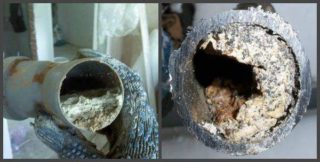
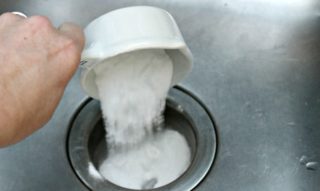
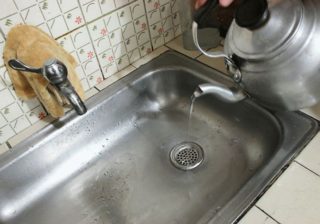
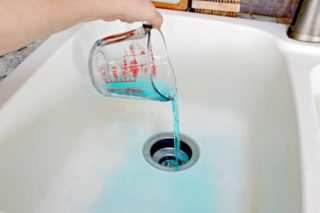
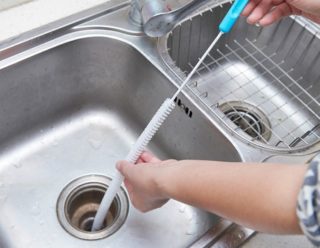
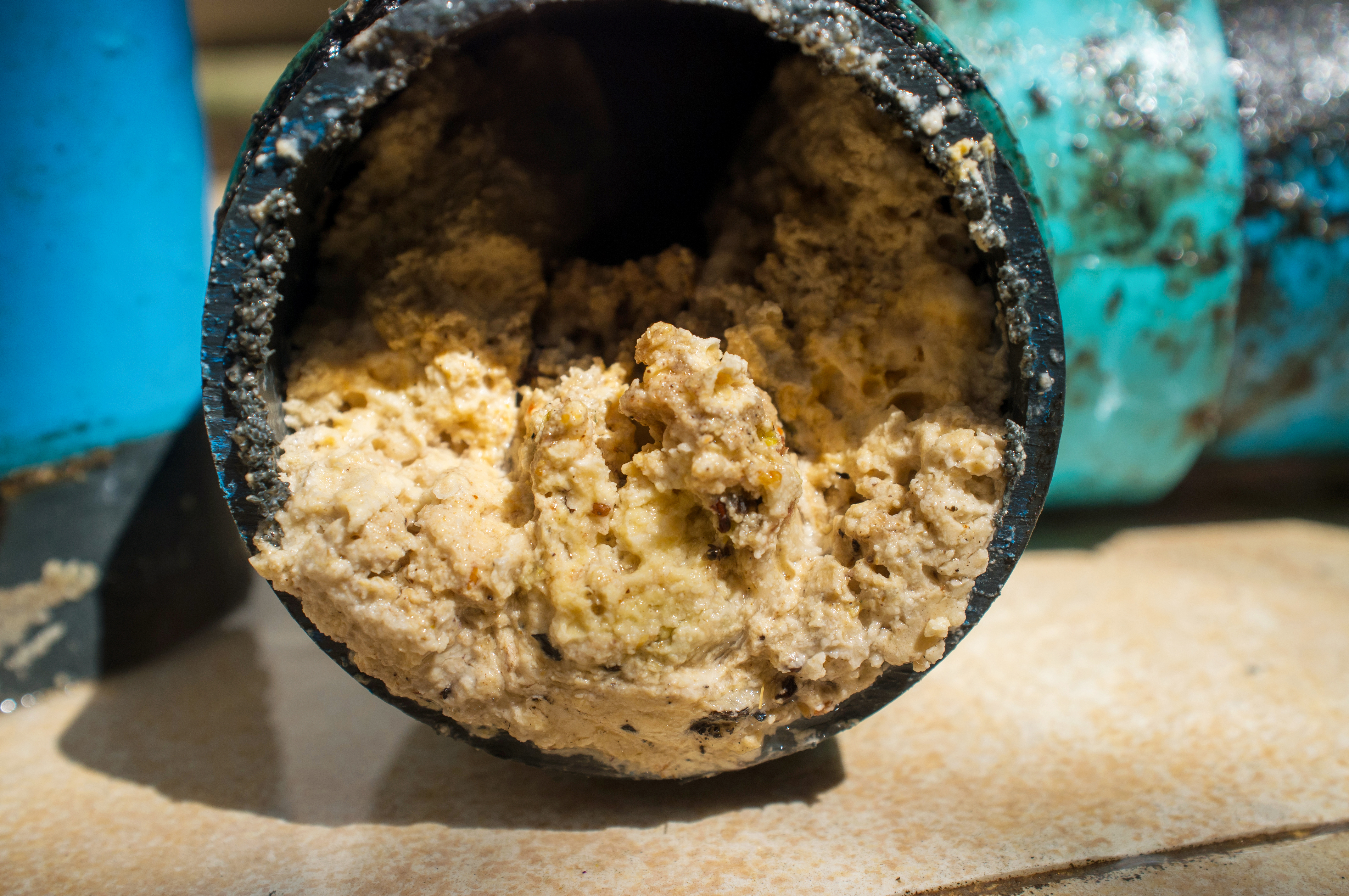
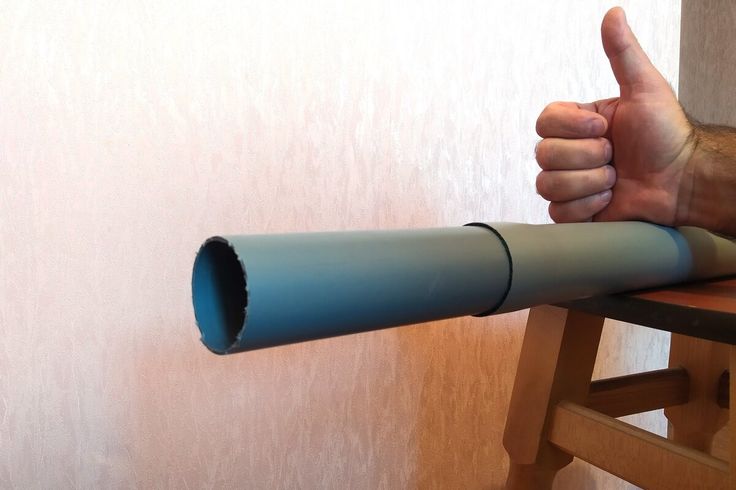
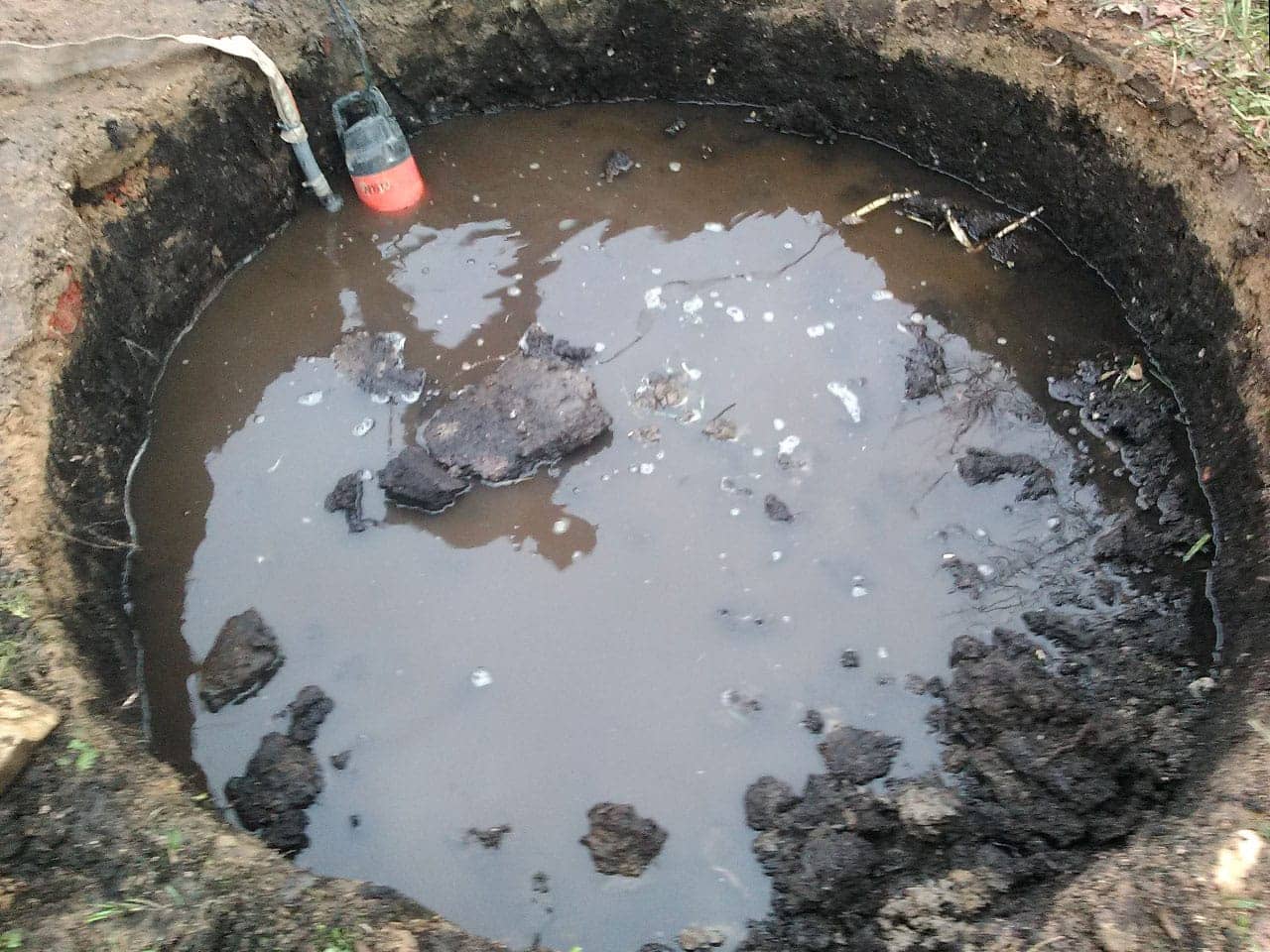
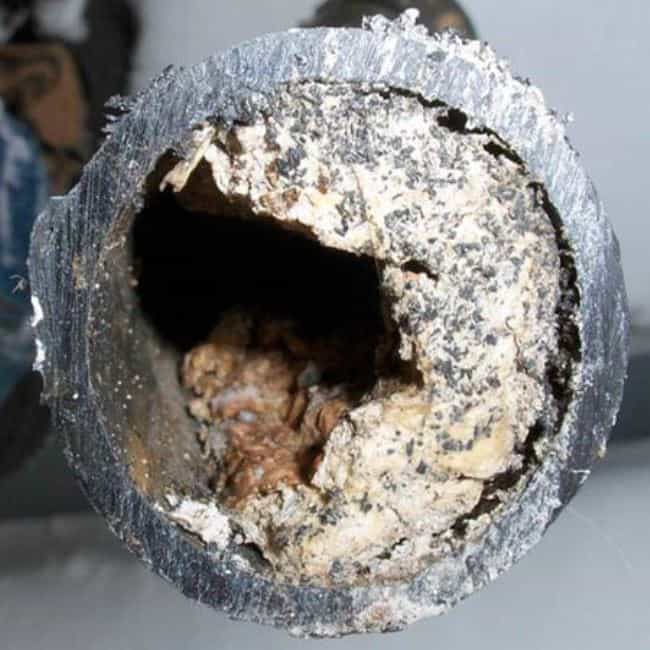
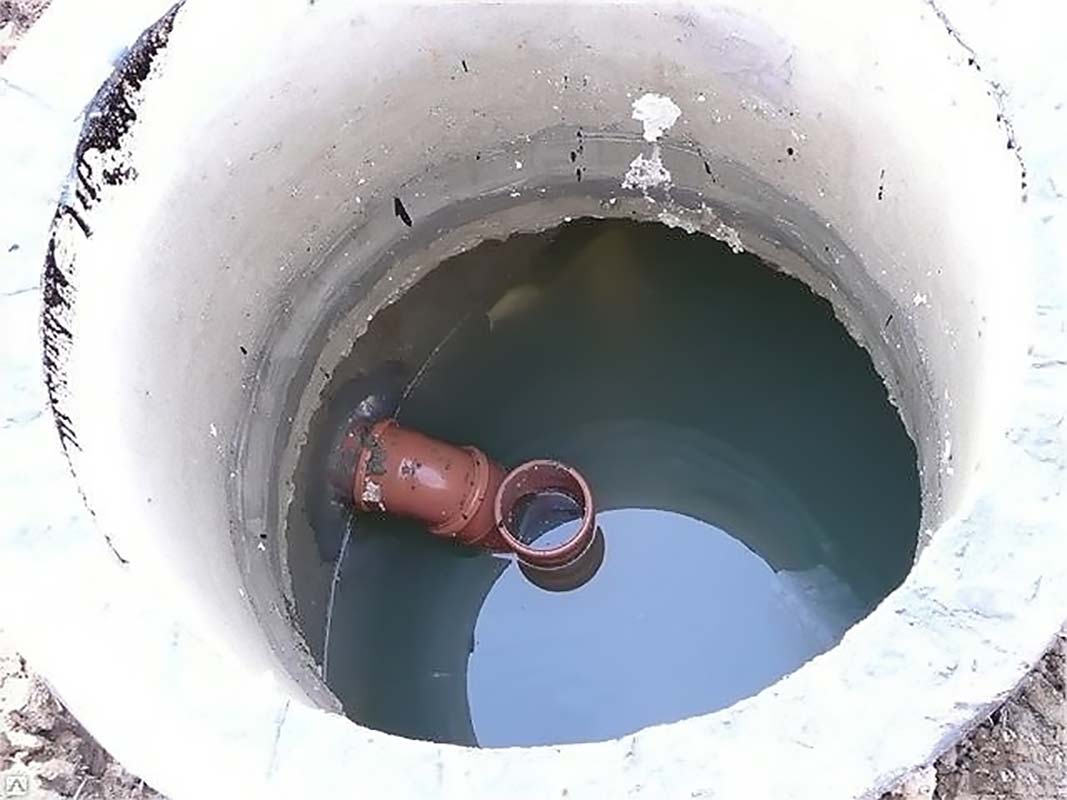
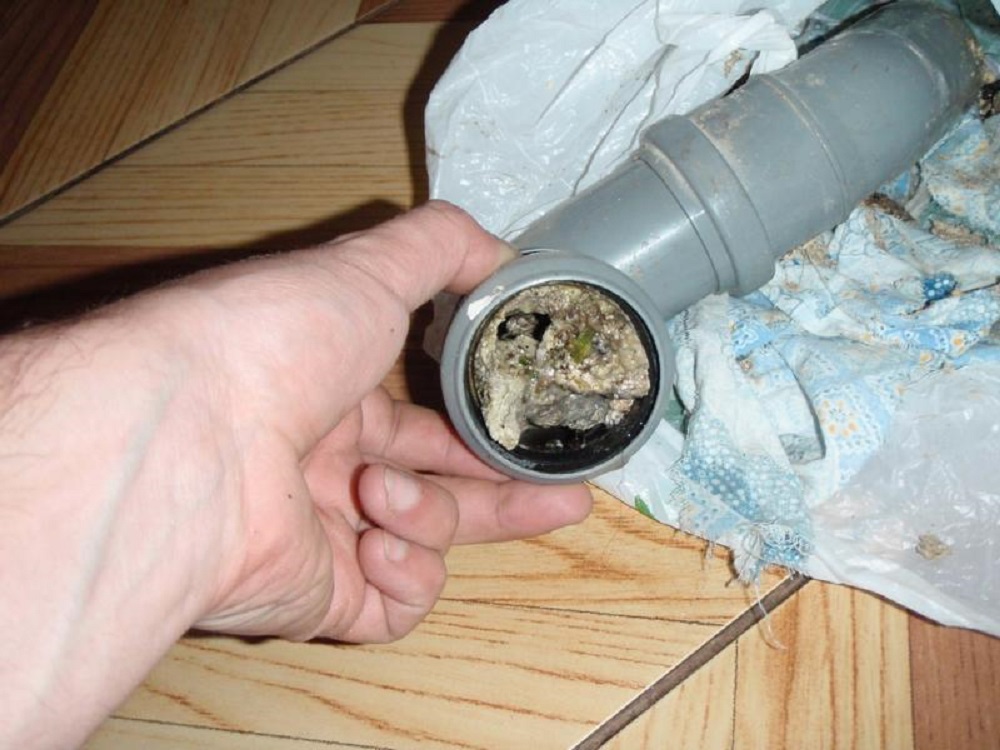
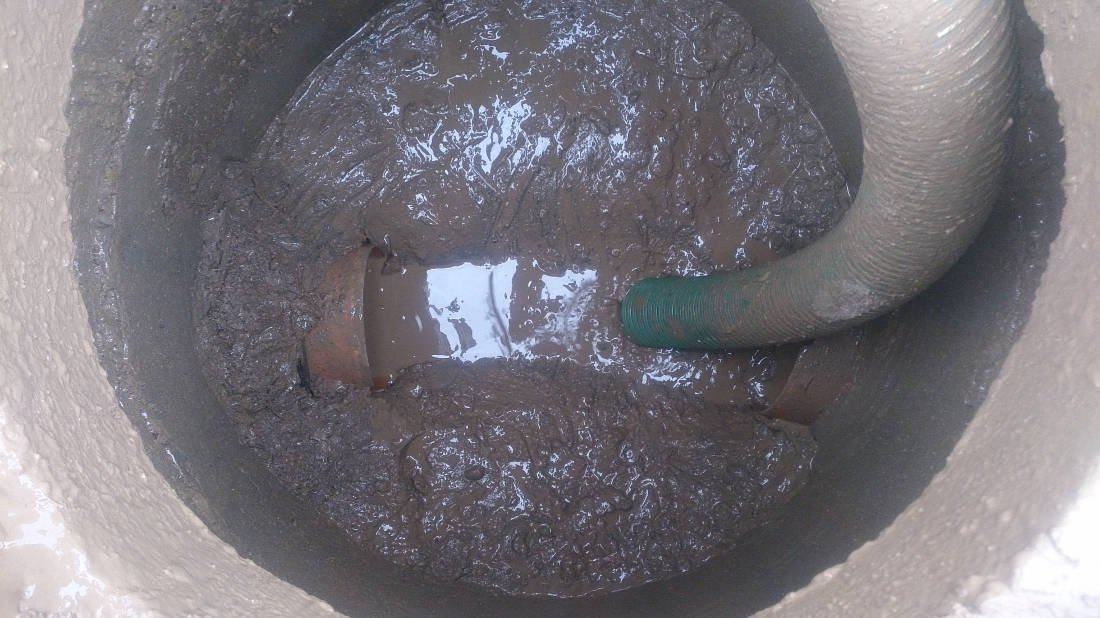
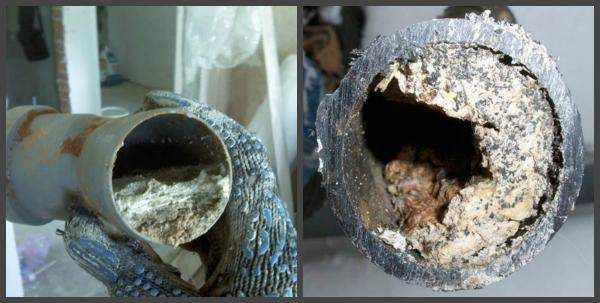
All nonsense! Pothan helps more or less, and even then it is very poisonous from above. You have to mechanically push the fat through the pipe wherever possible. Not a mole, or soda, even if you pour in kilograms and liters - it's useless.
The mole poured, twisted with a rope ... as a result, he replaced the section of the pipe tightly clogged with fat.
the best option is to replace the sewer pipe - from the kitchen sink, bathroom and toilet to the riser, everything is on sale and inexpensively.
There is also "Shumanit" and Caustic soda - if the blockage is small or there is an opportunity to change the pipes. the greenhouse is standing, trees and shrubs are growing) - so change the pipes. And someone will come out - material with work - (break and do) ??? I called specialists in sewer cleaning. We arrived (2 people) with a device and special. Auto. Cleaned, blew, washed - five buckets in a septic tank (grease - collection) flew off the pipes of all sorts of rubbish. Total: 4 hours = 4200 p. 35 years have not been cleaned (pipes - cast iron). Go ahead, everyone has their own.
Electrolyte + cable always helps me
Every half a year I called a specialist, twisted the deposits with a cable. In a break in the year, he began to pour into the toilet and drain caustic soda for prevention, a year and two months passed, the master did not call. I buy soda in the store, and pour it every two or three months. I pour a little sinks, sinks and baths into the siphon, eats everything. I'm happy with the result so far. It turns out 1000 a year, and with a master every time 2500.
The best purifier is caustic soda periodically.
It is easier to wash dishes from grease not in the kitchen sink, but in a separate container, then flush it down the toilet. Longer, somewhat more troublesome, but this method eliminates problems with sewage.
The best way is hot water and cable, and the rest is a surrogate and nothing real
Mini-washer and hose with nozzle. Cleans and punches everything, he moves along the pipe under pressure.
Alas, the fatty deposits that had frozen after winter were handled only mechanically.The pipes were unmounted and two columns of white fat were pulled out